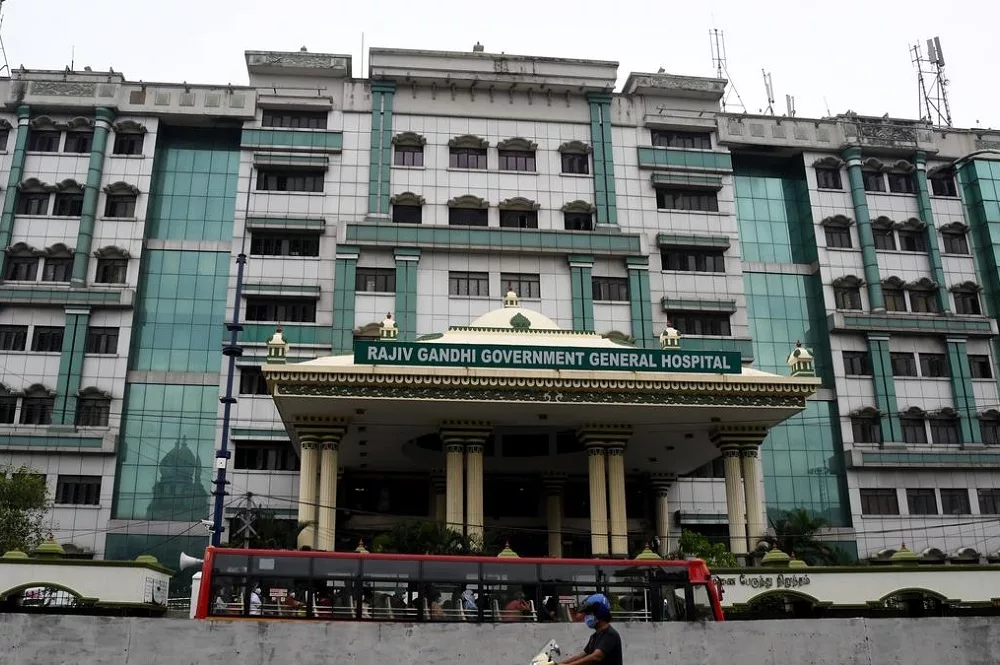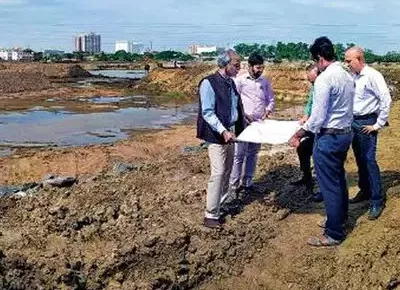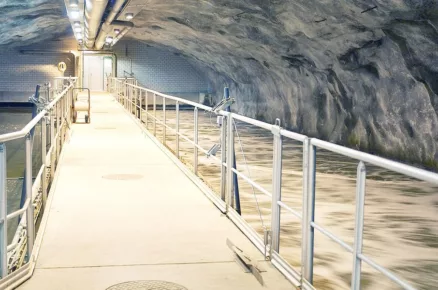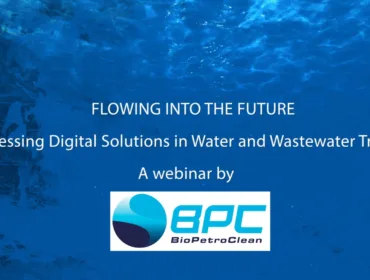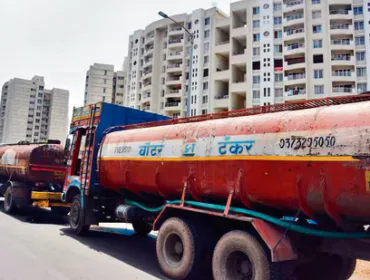The Public Works Department has prepared an estimate for setting up STPs and ETPs in 13 government hospitals in Chennai at a cost of Rs 103.45 crore. The plants will have membrane bioreactor technology.
WD News: The Public Works Department (PWD) has submitted a proposal to the Tamil Nadu State government to build sewage and effluent treatment plants at government hospitals in the state to ensure better biomedical waste management practices were adopted.
While the new government hospitals are being designed with STPs, including the 19 district headquarters hospitals and the recently inaugurated Kalaignar Centenary Super Specialty Hospital, Guindy, the older hospitals do not have the facility and largely let out wastewater into sewer network. Estimates are being prepared for creating infrastructure in existing medical facilities, including in Vellore.
The department has prepared an estimate for setting up STPs and ETPs in 13 government hospitals in Chennai at a cost of Rs. 103.45 crore. For instance, the daily water consumption at the Rajiv Gandhi Government General Hospital, with an area of over 19 lakh sq. ft., was nearly 22.5 lakh litres a day.
“We are planning to construct STP with a capacity to treat 2.25 million litres of sewage a day and ETP of 2.10 kilo litres a day at RGGGH. Now, wastewater in sewage collection well is linked to Chennai Metropolitan Water Supply and Sewerage Board’s sewer infrastructure. Similar infrastructure is being planned in other hospitals such as Government Stanley Hospital,” said an official.
The hospitals are water-intensive establishments, and STPs would help conserve freshwater. While a portion of treated water would be recycled for gardening and other non-potable purposes such as flushing, remaining quantum would be let into sewer network or waterways.
The new STPs would have the latest membrane bioreactor (MBR) technology as most of the hospitals had space crunch. These STPs would comply with the Central Pollution Control Board’s norms and have less maintenance cost.
Source and image courtesy: The Hindu / B. Jothi Ramalingam
https://tinyurl.com/mtvva9zj



